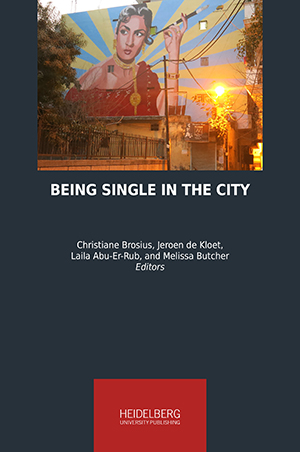How to Cite
License (Chapter)

This work is licensed under a Creative Commons Attribution-ShareAlike 4.0 International License.
Identifiers (Book)
Published
The Precarity of Trust
Domestic Helpers as “Working-Singles” in Shanghai
Abstract In this chapter, we analyze the working conditions of domestic helpers (ayi) and coin the term “working-single” to refer to their affective experiences in laboring in the private urban households, where they are being isolated, and, arguably, alienated. Whether married or not, the ayi usually lives a single life in the city. Focusing on the ways in which ayis build trust with their employers, we present an ethnographic study of ayis in Shanghai, based on nineteen interviews. We begin by outlining the reasons why rural-to-urban migrant women have chosen to work as ayis. Then, we follow Arlie R. Hochschild’s theorization of “emotion work” and emotional labor to explore the tactics that Shanghai domestic helpers use to gain their employers’ trust. Three main tactics are identified: honesty, professionalism, and care. These tactics enable ayis to attain moments of agency and create a sense of reciprocal intensity that shapes the production of emotional labor as well as the employer–employee relationship. We argue that the ayi–urban employer relationship is dynamic and intense. In this sense, the process of trust-building should be reconsidered as a power game in the context of rural migrant women’s job security and work safety.
Keywords domestic workers; emotion work; care; reciprocity






